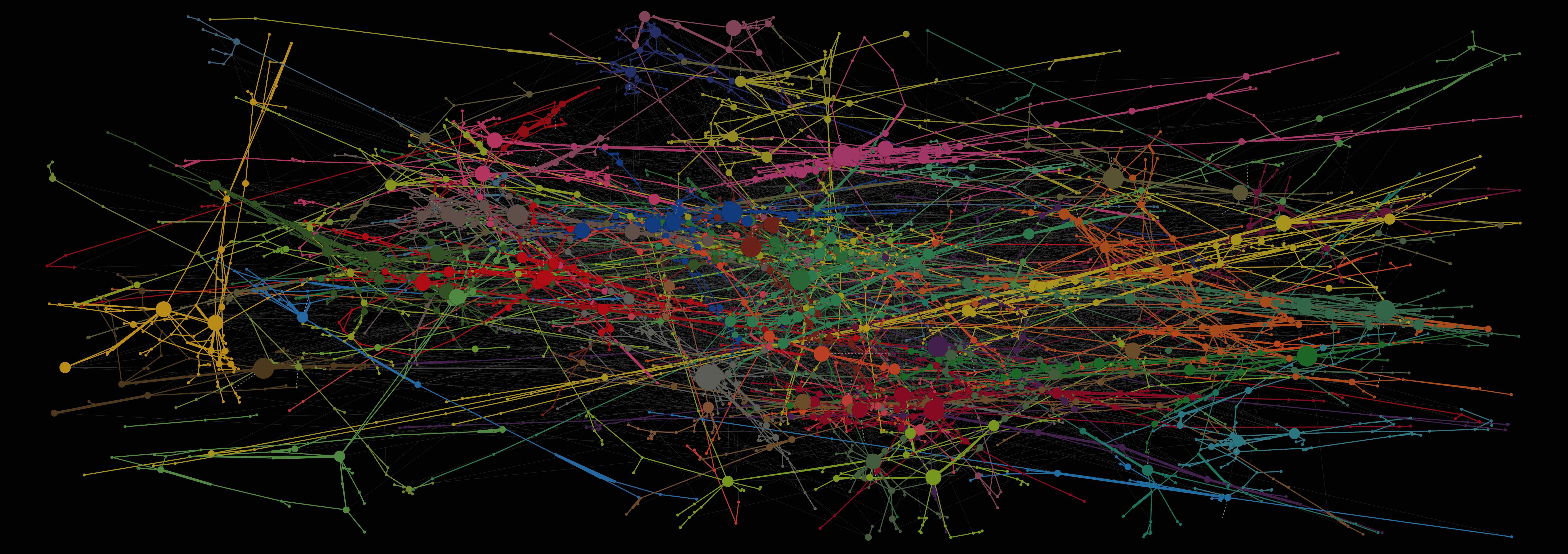
The Aging Lexicon: Differences in the Semantic Networks of Younger and Older Adults
Abstract
How does the mental lexicon, the network of learned words in our semantic memory, change in old age? To address this question, we employ a new network inference method to infer networks from verbal fluency data of a group of younger and older adults. We find that older adults produce more unique words in verbal fluency tasks than younger adults. In line with recent theorizing, this suggests a larger mental lexicon for older than for younger adults. Moreover, we find that relative to the mental lexicon of younger adults, the mental lexicon of older adults is less small-world-like. Based on several findings linking network clustering to processing speed, this finding suggests that not only the size, but also the structure of the mental lexicon may contribute to apparent cognitive decline in old age.
